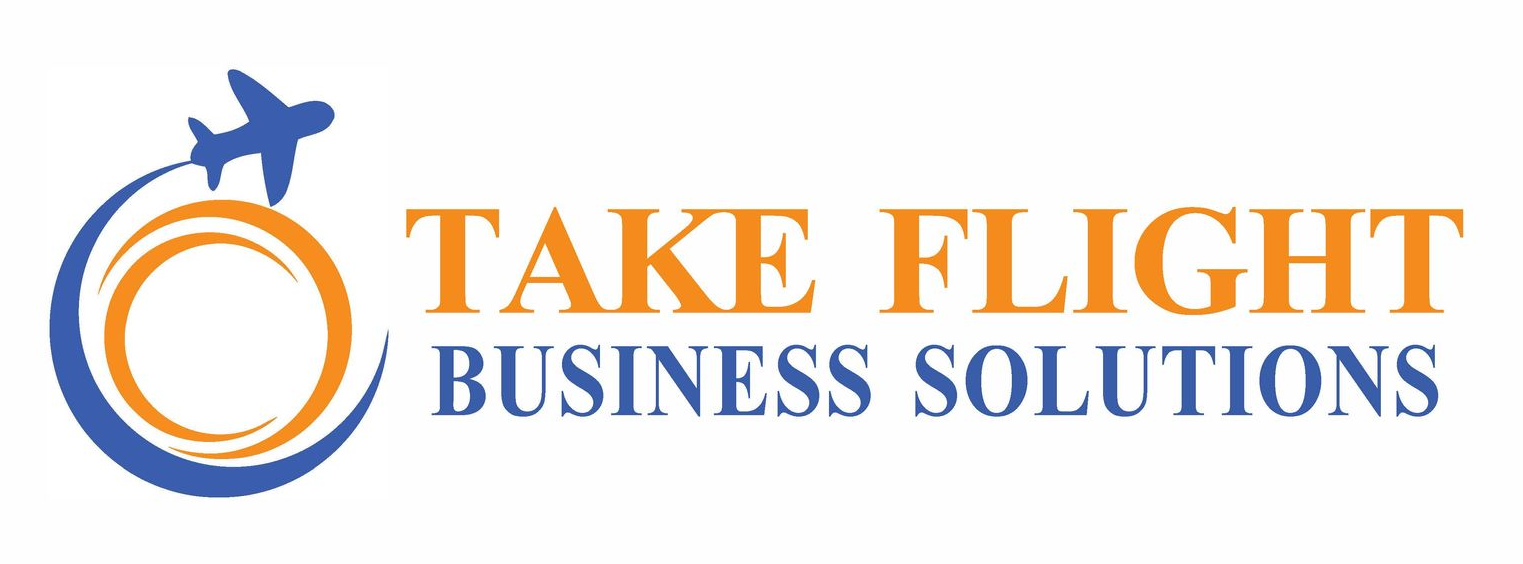The S-Corp Reasonable Compensation Trap: How to Set Officer Salary and Avoid IRS Review (Guide for Business Owners)
S-Corporation Reasonable Compensation

S-Corp Reasonable Compensation
Introduction: The Stakes for S-Corps
The S-Corporation is a powerful tax entity designed to save owners substantial money by avoiding the 15.3% Self-Employment Tax (FICA) on distributions. However, this tax advantage comes with a critical compliance test: the Reasonable Compensation requirement.
The IRS mandates that S-Corp officers who perform more than minor services must be paid "reasonable compensation" via W-2 wages before taking tax-advantaged shareholder distributions. For mid-sized firms with 10–50 employees, guessing this number is a massive risk. Failure to comply is the #1 IRS trigger for S-Corps, leading to back taxes, penalties, and interest on unpaid FICA/Medicare taxes.
At Take Flight Business Solutions, we provide the systematic, CPA-backed approach to set and document your salary, providing peace of mind and protecting your tax savings.
Section 1: What is "Reasonable Compensation," According to the IRS?
The IRS does not provide a formula, which is what creates the risk. The law simply requires that the compensation be "reasonable" for the services performed. To meet this vague standard, a CPA must look at the following three factors, which the IRS uses to justify an adjustment:
- Compensation for Comparable Services: What would a non-owner employee with similar experience and credentials be paid for the same job in your geographic area and industry (the external test)?
- Duties and Responsibilities: Is the officer acting as CEO, salesperson, and product developer? The W-2 salary must account for all duties performed, not just the highest-level ones.
- Time and Effort Devoted: The amount of time spent on the business compared to time spent on pure owner/investor activities.
Internal Link: Understanding these factors is key to proactive tax planning. Learn more about our specialized Tax Reduction Planning and Tax Preparation services.
Section 2: Using Your ADP and QBO Data to Justify Your Salary
For a 10–50 employee S-Corp, guesswork won't protect you from an IRS review. Your justification must be systematic and documented, leveraging the data you already have in ADP and QuickBooks Online.
- Step 1: Benchmark the Role: We start by using industry salary surveys (like the BLS) to establish a base rate for the officer’s job title.
- Step 2: Leverage ADP Payroll Reports: Your ADP reports provide the official W-2 documentation. We use the Gross Wages, Employer FICA, and Net Pay data from these reports to confirm the payroll entries posted to QBO, establishing a clean and defensible payroll history.
- Step 3: Run the "Compensation as a Percentage of Revenue" Check: CPAs benchmark the officer's salary against Gross Revenue (a report easily pulled from QuickBooks Online), comparing it to industry standards for similar-sized firms. This ensures your salary aligns with your overall profitability and makes sense in context.
- The Documentation Requirement: Once the salary is calculated, it must be supported by a formal Written Documentation package (which your firm provides) justifying the amount based on the three factors above.
Section 3: The Proactive Strategy: When and Why to Adjust Your Salary
The reasonable compensation analysis is not a one-time calculation. Your salary needs to be adjusted as your business grows to maintain compliance and tax efficiency.
- Finding the Sweet Spot: The goal is to pay enough to be "reasonable" but not so much that you diminish the total tax savings from distributions. This delicate balance requires professional calculation based on year-to-date QBO profitability.
- Key Triggers for a Mid-Year Review: The following events signal the need for immediate consultation:
- Rapid Profitability Spikes: High-profit years often require a mid-year adjustment to the W-2 salary to keep the ratio of salary-to-distribution defensible.
- Hiring New Staff: When the officer hires staff (e.g., employee #8 or #10) to take over administrative or labor tasks, their role changes from an active laborer to a strategic manager, justifying a new salary benchmark.
- Internal Link: Strategic payroll decisions start with accurate financials. See how our Outsourced Bookkeeping and Accounting services give you predictable monthly reports.
Conclusion and Conversion 🚀
The S-Corp Reasonable Compensation requirement is a critical compliance checkpoint that the IRS actively monitors. Don't risk penalties by guessing. As a CPA-led firm specializing in the 10–50 employee S-Corp, we use a systematic approach to set, adjust, and document your salary, providing you with the peace of mind to focus on growing your business.
Stop Guessing Your S-Corp Salary. Get Verified Compliance.
Is your compensation structure tax-optimized and risk-free? We'll review your current ADP payroll data, benchmark your salary, and set a compliant compensation plan designed for maximum tax
Book Your Strategy Session












